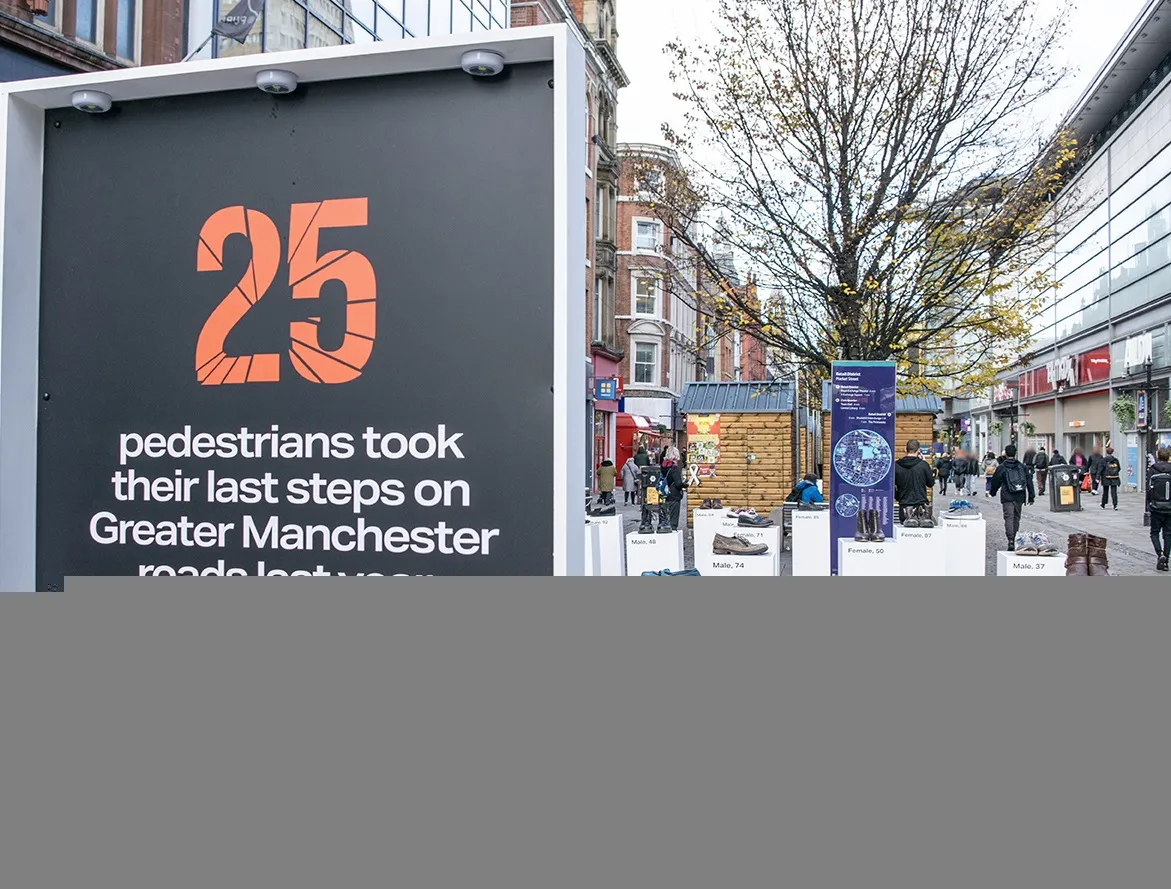UK government plans to give the regions new powers to transform transport in their areas took a major step forward this week with the publication of proposals in Parliament.
As part of the government’s drive to deliver economic growth across the country, including the creation of a Northern Powerhouse and Midlands Engine, organisations like Transport for the North (TfN) are now closer to becoming statutory bodies.
The legal powers and duties being offered as part of this commitment to devolution will
November 13, 2015
Read time: 2 mins
UK government plans to give the regions new powers to transform transport in their areas took a major step forward this week with the publication of proposals in Parliament.
As part of the government’s drive to deliver economic growth across the country, including the creation of a Northern Powerhouse and Midlands Engine, organisations like Transport for the North (TfN) are now closer to becoming statutory bodies.
The legal powers and duties being offered as part of this commitment to devolution will allow groups, such as TfN, to advise transport ministers on investment priorities in their own areas and on strategic transport schemes to boost growth. Statutory status will also give the groups the permanence they need to plan for the long term.
Transport Minister Andrew Jones said: “Good transport doesn’t just help people get around, it helps them get on. It has a fundamental role in driving economic growth, and this goes hand in hand with devolving power to those that know their economies and customers best.
“We know the north as a whole is greater than the sum of its parts. Putting bodies like Transport for the North on a statutory footing is a vital part of our plan to rebalance the economy, and will give greater emphasis to the ongoing work on options for rail and road improvements that will benefit passengers across the north. Legal status will ensure that TfN’s impact and influence, and the transformational change that can result, is felt by customers for years to come.”
Northern Powerhouse minister James Wharton said: “Helping the north reach its potential for local people living and working there is exactly why we are committed to creating a Northern Powerhouse. Part of this is about investing in trains, buses and roads, while devolving powers to local leaders who best know the needs of local people.
“We have been clear we want to see travel options in the north improved for those who use them every day to get to school and work, and today (11 November 2015) marks another step toward this.”
As part of the government’s drive to deliver economic growth across the country, including the creation of a Northern Powerhouse and Midlands Engine, organisations like Transport for the North (TfN) are now closer to becoming statutory bodies.
The legal powers and duties being offered as part of this commitment to devolution will allow groups, such as TfN, to advise transport ministers on investment priorities in their own areas and on strategic transport schemes to boost growth. Statutory status will also give the groups the permanence they need to plan for the long term.
Transport Minister Andrew Jones said: “Good transport doesn’t just help people get around, it helps them get on. It has a fundamental role in driving economic growth, and this goes hand in hand with devolving power to those that know their economies and customers best.
“We know the north as a whole is greater than the sum of its parts. Putting bodies like Transport for the North on a statutory footing is a vital part of our plan to rebalance the economy, and will give greater emphasis to the ongoing work on options for rail and road improvements that will benefit passengers across the north. Legal status will ensure that TfN’s impact and influence, and the transformational change that can result, is felt by customers for years to come.”
Northern Powerhouse minister James Wharton said: “Helping the north reach its potential for local people living and working there is exactly why we are committed to creating a Northern Powerhouse. Part of this is about investing in trains, buses and roads, while devolving powers to local leaders who best know the needs of local people.
“We have been clear we want to see travel options in the north improved for those who use them every day to get to school and work, and today (11 November 2015) marks another step toward this.”









